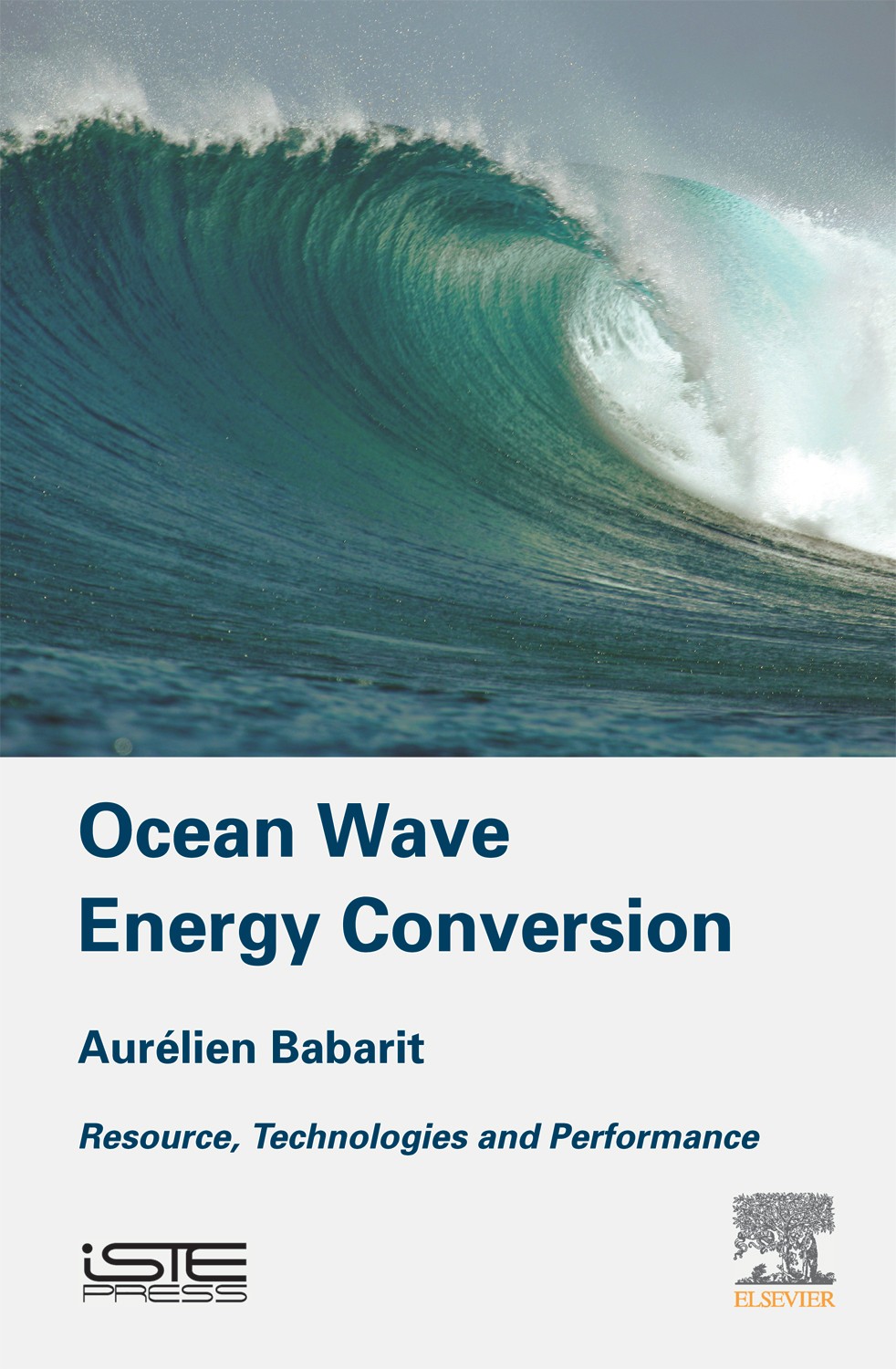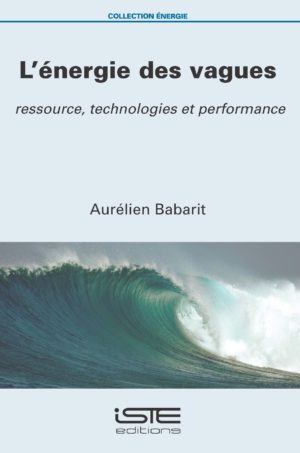
The waves that animate the surface of the oceans represent a deposit of renewable energy that for the most part is still unexploited today. This is not for lack of effort, as for more than two hundred years inventors, researchers and engineers have struggled to develop processes and systems to recover the energy of the […]
The waves that animate the surface of the oceans represent a deposit of renewable energy that for the most part is still unexploited today. This is not for lack of effort, as for more than two hundred years inventors, researchers and engineers have struggled to develop processes and systems to recover the energy of the waves. While all of these efforts have failed to converge towards a satisfactory technological solution, the result is a rich scientific and technical literature as well as extensive and varied feedback from experience.
For the uninitiated, this abundance is an obstacle. In order to facilitate familiarization with the subject, we propose in this work a summary of the state of knowledge on the potential of wave energy as well as on the processes and technologies of its recovery (wave energy converters). In particular, we focus on the problem of positioning wave energy in the electricity market, the development of wave energy conversion technologies from a historical perspective, and finally the energy performance of the devices. This work is aimed at students, researchers, developers, industry professionals and decision makers who wish to acquire a global perspective and the necessary tools to understand the field.
1. Potential: Energy Resource and Markets.
2. Wave Energy Conversion: Historical Perspective.
3. Working Principles and Technologies of Wave Energy Conversion.
4. Energy Performance of Wave Energy Converters.

